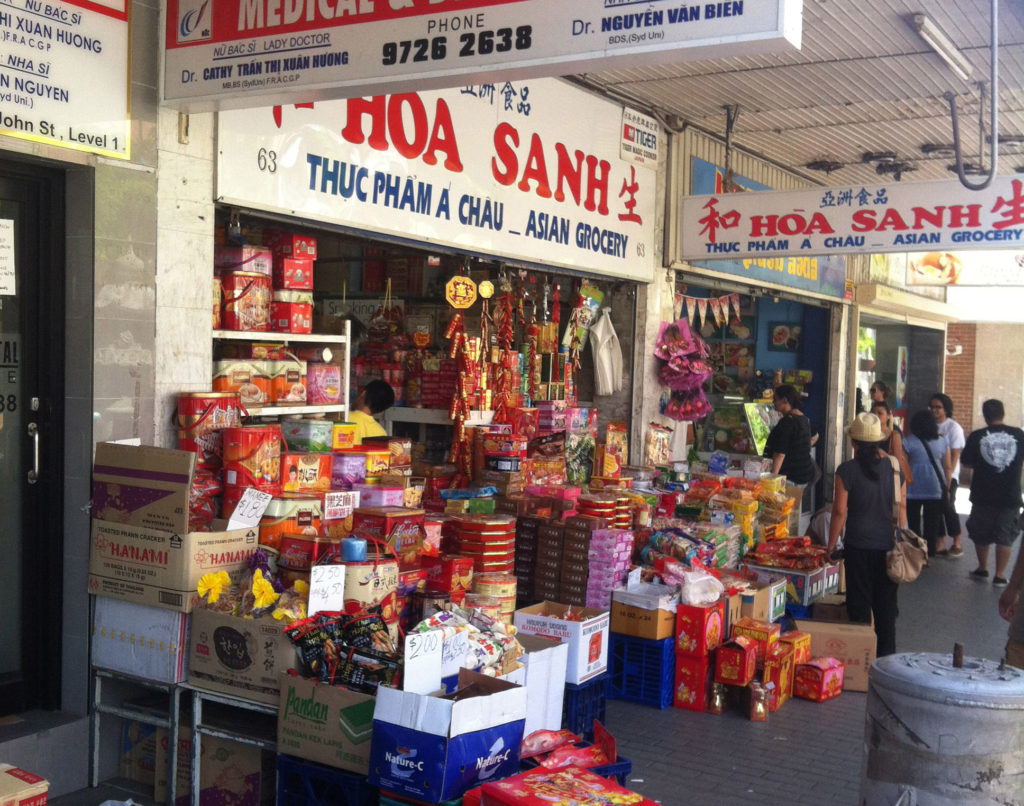Australia/Israel Review
The Last Word: Prejudice and Promise
Jan 25, 2012 | Jeremy Jones

Jeremy Jones
Cabramatta is one of my favourite suburbs in Sydney. It is colourful without being too boisterous, assertive without being too aggressive.
The substantial Vietnamese-Australian immigrant population has contributed in many ways, devoting industry and passion in efforts to ensure that their children were given every chance to be part of, and succeed in, Australian society.
As the SBS documentary series “Once Upon A Time in Cabramatta”, broadcast in January, highlighted, there were quite a few factors militating against the migrants who came to Australia in the aftermath of the Vietnam War.
Dramatic variations in social mores, language and culture, economic hardship, and a system which simply was unprepared for the challenges of integration, all were daunting. These factors were also open to exploitation by individuals with no intent to respect the law, let alone facilitate progress towards positive social engagement.
Another factor, which is minimised by some and exaggerated by others, is the reality of racist individuals and organisations.
Analysing the literature of racist groups at the time, a common theme was that evil Jews (because Jews were seen as clever, scheming, existential enemies of “white” Europeans) were flooding Australia with “inferior” races so as to dilute the racial stock and corrupt Australian values. This rationale for opposing immigration gained little traction, but when a few prominent individuals started to talk openly of an Asian immigrant threat to Australian society, tensions escalated.
However, regardless of how many Australians answered pollsters’ questions in a way suggesting bigotry, bias or prejudice, overt racists never achieved the electoral success they envisaged. There were neither “race riots” nor pogroms, and it has become not uncommon to hear the Asian migrations (which extend well beyond Vietnamese) referred to as evidence that cultural diversity is a positive factor in building our nation.
One of the recurrent themes in “Cabramatta” was the way in which coded language can be more dangerous than open anti-social exhortations.
References to characteristics which were part of stereotypes of particular minority groups are used to highlight difference and justify contempt.
Unrelenting portrayals of only negative behaviour, in a situation where the negatives are only a small sample of the range of behaviour, reinforce fear and prejudice.
The consistent placing of the worst possible constructions on actions for which there are a range of interpretations fosters misunderstanding in a situation where sophisticated analysis should be an imperative.
Racism which is neither overt nor admitted has the power to muddy moral and intellectual waters. It is not only a matter where a codeword is used – such as “cosmopolitan” as substitute for “Jew” – but also when, more subtly, each and every reference to a member of an identifiable group is a negative one.
It was instructive to see how difficult it was to help a judge in a “Racial Hatred” case understand the manipulative way in which a particular respondent to a complaint had promoted, over time, a template in which when there was a social ill or undesirable activity a Jew was identified as responsible for or involved in it, and wherever there was a Jew there would be a concurrent immoral or abhorrent act.
Observing the debate concerning the SBS series, “The Promise” – which was not a documentary nor merely fictional drama but artistic agitprop – even defenders of the production have conceded that a picture is painted of one people whose behaviour is repugnant and unpleasant, Jews, contrasted to sympathetic or nuanced non-Jewish characters.
If letters to the editors, blog postings and other available data are any indication, this reinvention of reality reinforced some of the worst anti-Jewish bigotry, undermined attempts at mutual understanding, and counter-acted the values of tolerance SBS has often professed and championed. Perceptions of SBS as a platform for intellectual challenge are being replaced with those of barracking and promoting contempt.
If only those who put so much laudable effort into debunking anti-Asian racism put the same energy into analysing “The Promise”, perhaps SBS would not have used Australian taxpayer money to bring it to our airwaves and keep promoting it.
Tags: Australasia






